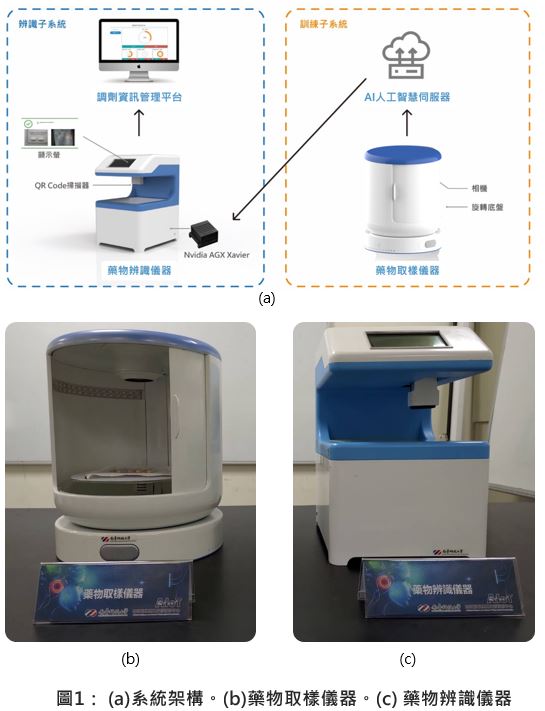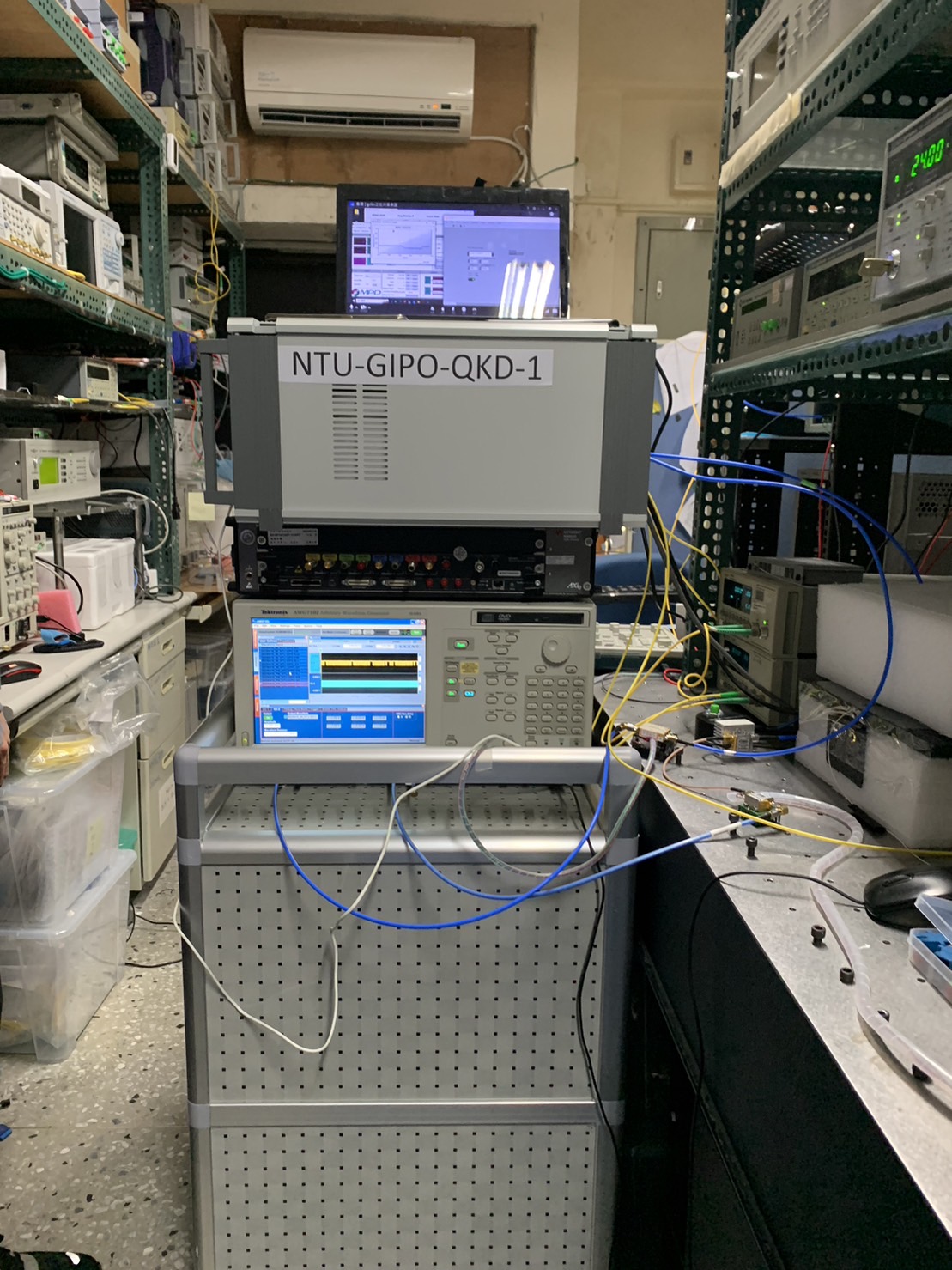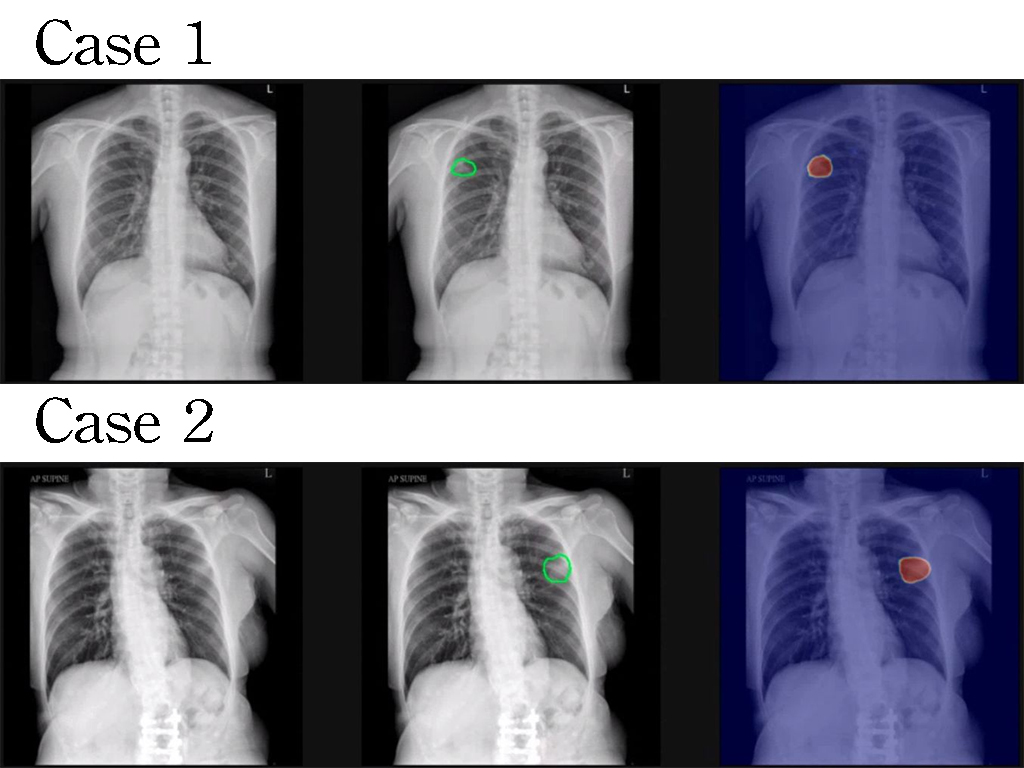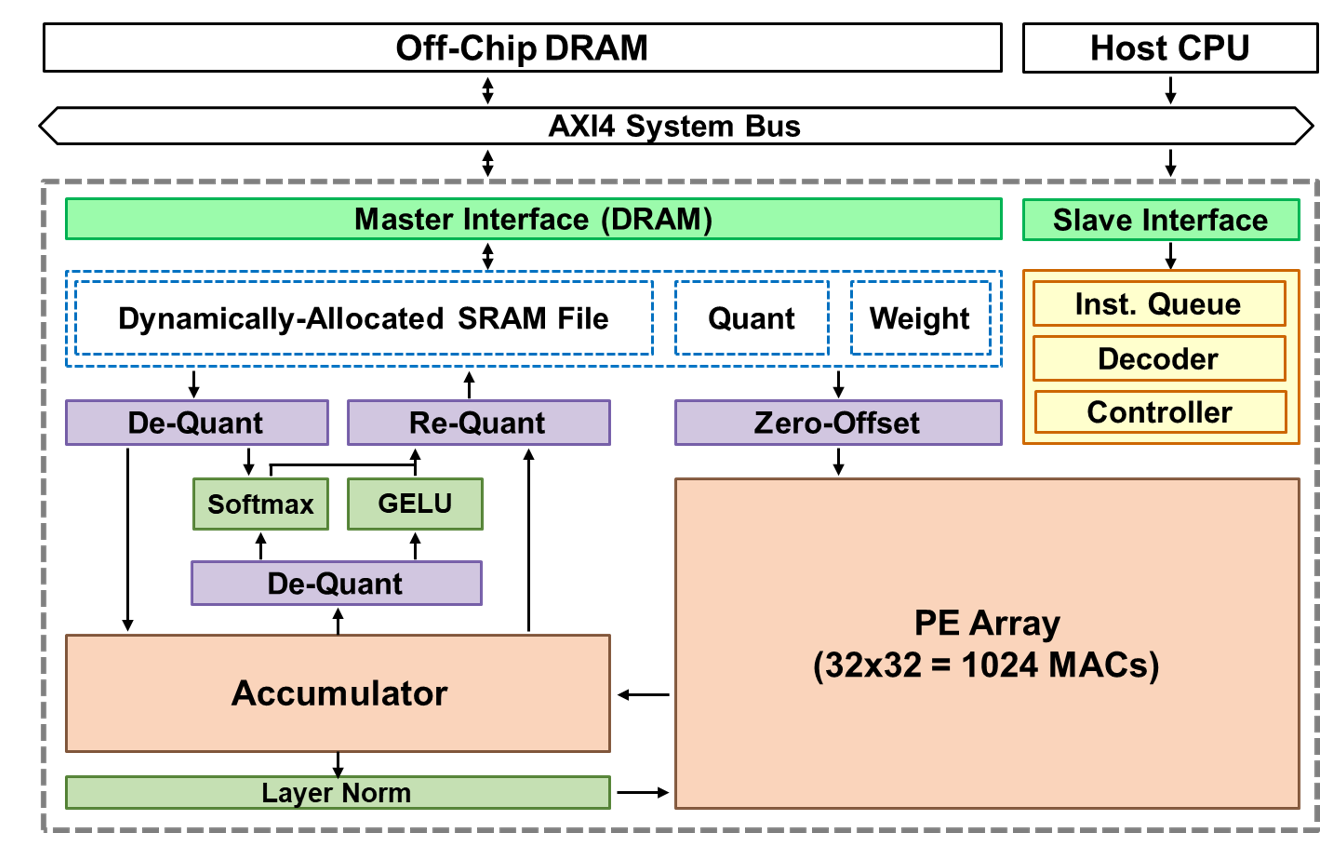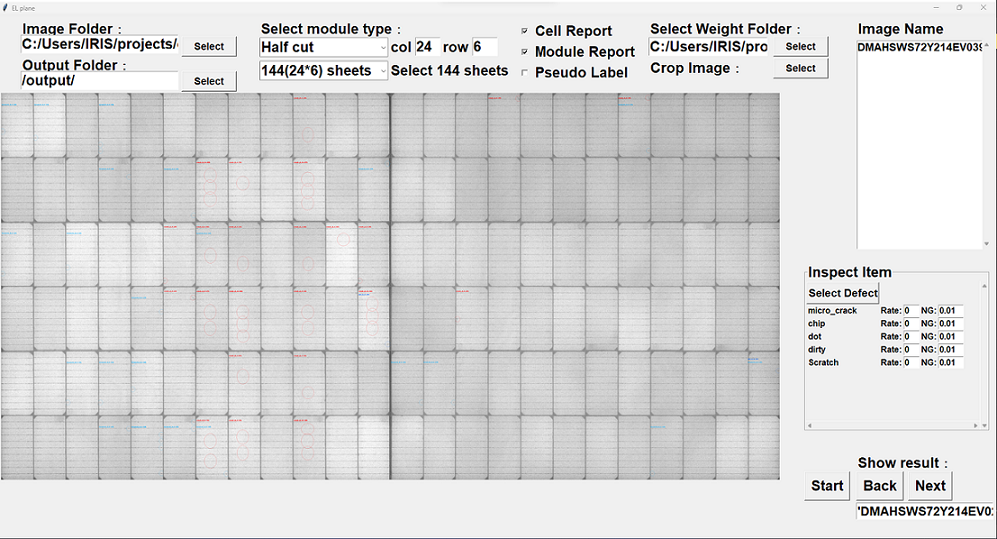| Technical Name | AI-Enhanced Integration of Genetic and Medical Imaging Data for Risk Assessment and Precision Health of Type 2 Diabetes | ||
|---|---|---|---|
| Project Operator | Academia Sinica | ||
| Project Host | 楊欣洲 | ||
| Summary | We have developed innovative AI models, particularly for Extreme Gradient Boosting models, to integrate genetic information derived from whole-genome SNPs, medical imaging information from four types of medical images, and demographic variables (including age, sex, and family history of disease) obtained from the Taiwan Biobank. This integration allows for the identification of high-risk subgroups and early detection of T2D. Additionally, a T2D risk assessment system has been established. |
||
| Scientific Breakthrough | We have developed the world’s first AI technology and system that integrates whole-genome data, multi-modal medical imaging, and demographic variables to assess the risk of Type 2 Diabetes (T2D), far outperforming international benchmarks. The AI model created is the most suitable T2D risk assessment model for our Taiwanese and East Asian populations. It can calculate personalized T2D risk scores, helping to identify high-risk groups for clinical intervention and promoting precision health. |
||
| Industrial Applicability | Diabetes has high prevalence and medical costs globally and in Taiwan, highlighting the need for effective management and prevention through risk assessment and early intervention. Our AI technology enables early detection of diabetes, with applications in healthcare, health insurance, pharmaceuticals, biotechnology, and health tech. It can collaborate with health check-up centers, insurance companies, biotech and pharmaceutical industries, health tech sectors, and government agencies. |
||
| Keyword | Type 2 Diabetes precision health artificial intelligence machine learning eXtreme Gradient Boosting (XGBoost) Bayesian statistical learning genome-wide SNPs multimodal medical imaging polygenic risk score (PRS) multi-image risk score (MRS) | ||
- Contact
- Hsin-Chou Yang
- hsinchou@stat.sinica.edu.tw
other people also saw




